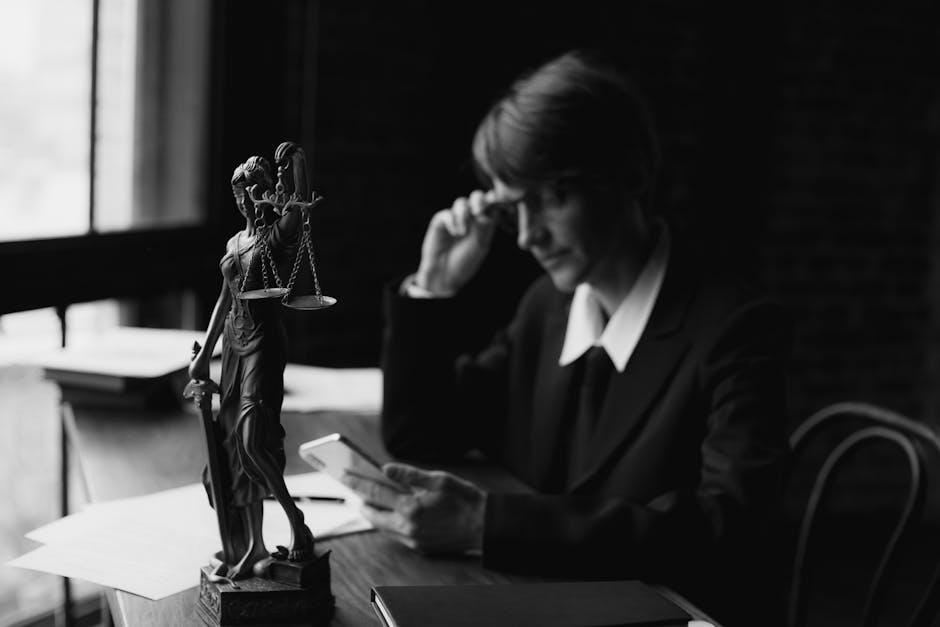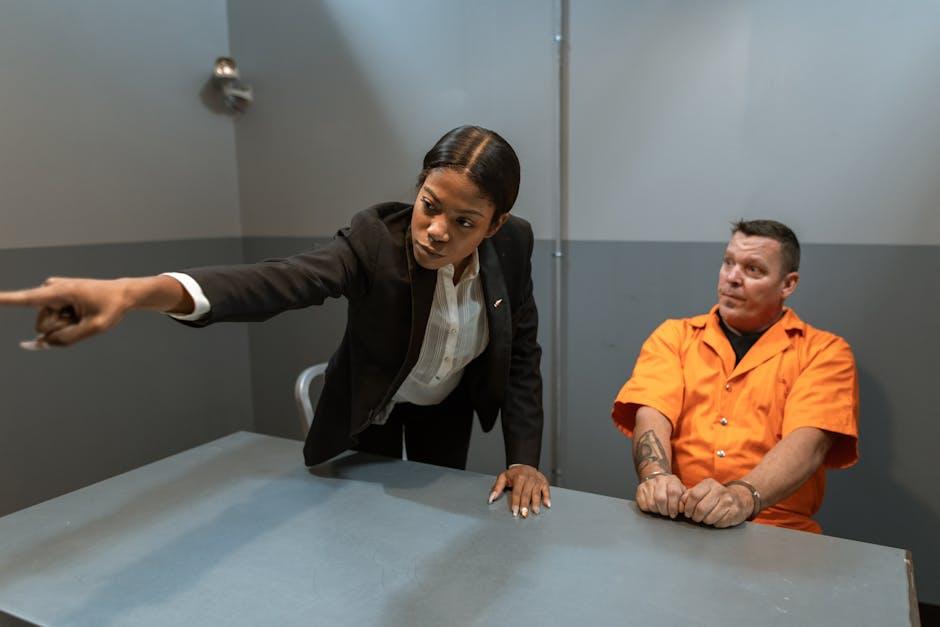Courtroom dramas have long captivated audiences with their intense narratives and complex moral dilemmas. When these dramas draw inspiration from real-life cases, they offer not only entertainment but also a reflection on the intricacies of the legal system and the human stories within it. This article delves into some of the most compelling courtroom dramas based on actual events, examining how filmmakers have translated these true stories to the screen. By analyzing the interplay between fact and fiction, we aim to uncover the elements that contribute to their enduring appeal and their impact on public perception of justice. Through this exploration, we will consider how these films balance authenticity with dramatic effect, and the ways in which they resonate with viewers by shedding light on the real-world legal battles that inspired them.
Exploring Realism in Courtroom Dramas
Realism in courtroom dramas often hinges on the meticulous depiction of legal procedures and the nuanced portrayal of human emotions under duress. “A Few Good Men“ stands out as a quintessential example, inspired by a real-life incident involving military misconduct. The film delves deep into the complexities of military justice, revealing the intricate layers of power dynamics and ethical dilemmas faced by those in uniform. Similarly, “The People v. O.J. Simpson: American Crime Story” takes viewers through the sensational trial of the century, offering a detailed examination of how media influence and racial tensions intersect with the pursuit of justice.
Several courtroom dramas rooted in reality offer a profound exploration of societal issues. “Erin Brockovich” portrays the tenacity of a legal assistant who, against all odds, uncovers a corporate environmental scandal, highlighting the impact of individual perseverance in the legal system. Meanwhile, “Just Mercy” shines a light on systemic racial injustices, chronicling the tireless efforts of attorney Bryan Stevenson as he fights for wrongly convicted individuals on death row. These narratives not only capture the procedural authenticity of legal battles but also underscore the moral complexities faced by those who navigate the corridors of justice.

Impact of Authenticity on Audience Perception
When audiences engage with courtroom dramas rooted in real-life cases, the element of authenticity plays a pivotal role in shaping their perception. Viewers often find themselves more emotionally invested in narratives that they know are based on true events. This connection arises from the understanding that the stories being depicted on screen are not merely products of a writer’s imagination, but reflections of actual human experiences. Authentic portrayals can invoke a sense of empathy and awareness, prompting audiences to reflect on the complexities of the legal system and the moral dilemmas faced by those involved.
- Relatability: Real-life cases often feature scenarios that audiences might recognize from news reports, adding a layer of familiarity and engagement.
- Emotional Impact: Knowing that the events actually occurred can intensify the emotional response, making the drama more compelling.
- Educational Value: These dramas can provide insights into legal procedures and historical contexts, enhancing the viewer’s understanding of the judicial process.
By anchoring narratives in reality, courtroom dramas not only entertain but also educate and provoke thought, making them a powerful medium for storytelling.

Case Studies of Noteworthy Adaptations
In the realm of courtroom dramas, certain films stand out not only for their gripping narratives but also for their faithful depictions of real-life legal battles. These films often serve as compelling case studies of how truth is adapted for the screen, balancing factual accuracy with dramatic storytelling. They delve into the complexities of the justice system, showcasing the nuances of legal proceedings while keeping the audience engaged.
- Erin Brockovich: This film portrays the real-life struggle of a legal assistant who fought against a powerful corporation accused of contaminating a town’s water supply. The adaptation highlights both the legal and personal challenges faced during the case.
- A Few Good Men: While dramatized for effect, this film draws inspiration from a true story involving the U.S. military. It examines themes of duty and morality, reflecting the intricacies of military law and the pursuit of justice.
- Philadelphia: Based on the groundbreaking case of an attorney who sued his firm for discrimination, this film addresses issues of HIV/AIDS, homophobia, and the legal system’s role in social justice.
These films not only entertain but also provide insight into the real-life events and legal battles that inspired them, offering viewers a deeper understanding of the interplay between law and society.

Recommendations for Must-Watch Legal Dramas
Delving into the intricate world of courtroom battles and legal maneuvering, these television dramas not only entertain but also shed light on the complexities of the justice system. Inspired by real-life cases, these shows blend factual storytelling with dramatic flair, making them both educational and captivating.
- American Crime Story: The People v. O.J. Simpson – This series offers a detailed examination of the infamous O.J. Simpson trial, highlighting the intricate legal strategies and racial tensions that played a pivotal role in the case’s outcome.
- When They See Us – A powerful portrayal of the Central Park Five case, this drama delves into the wrongful convictions of five young men and the subsequent fight for justice, providing a critical look at systemic failures in the legal system.
- Mindhunter – While primarily a psychological thriller, this series is rooted in the true crime stories of the FBI‘s early days of criminal profiling, giving viewers an insight into the legal and psychological tactics used to catch some of history’s most notorious criminals.
- Unbelievable – Based on true events, this drama explores the harrowing journey of a rape survivor navigating the criminal justice system, highlighting the challenges faced by victims in getting their stories heard and believed.
These dramas are not just about the cases themselves but also about the broader implications they have on society and the justice system. They provide a lens through which viewers can better understand the real-world impact of legal proceedings and the human stories behind them.







































